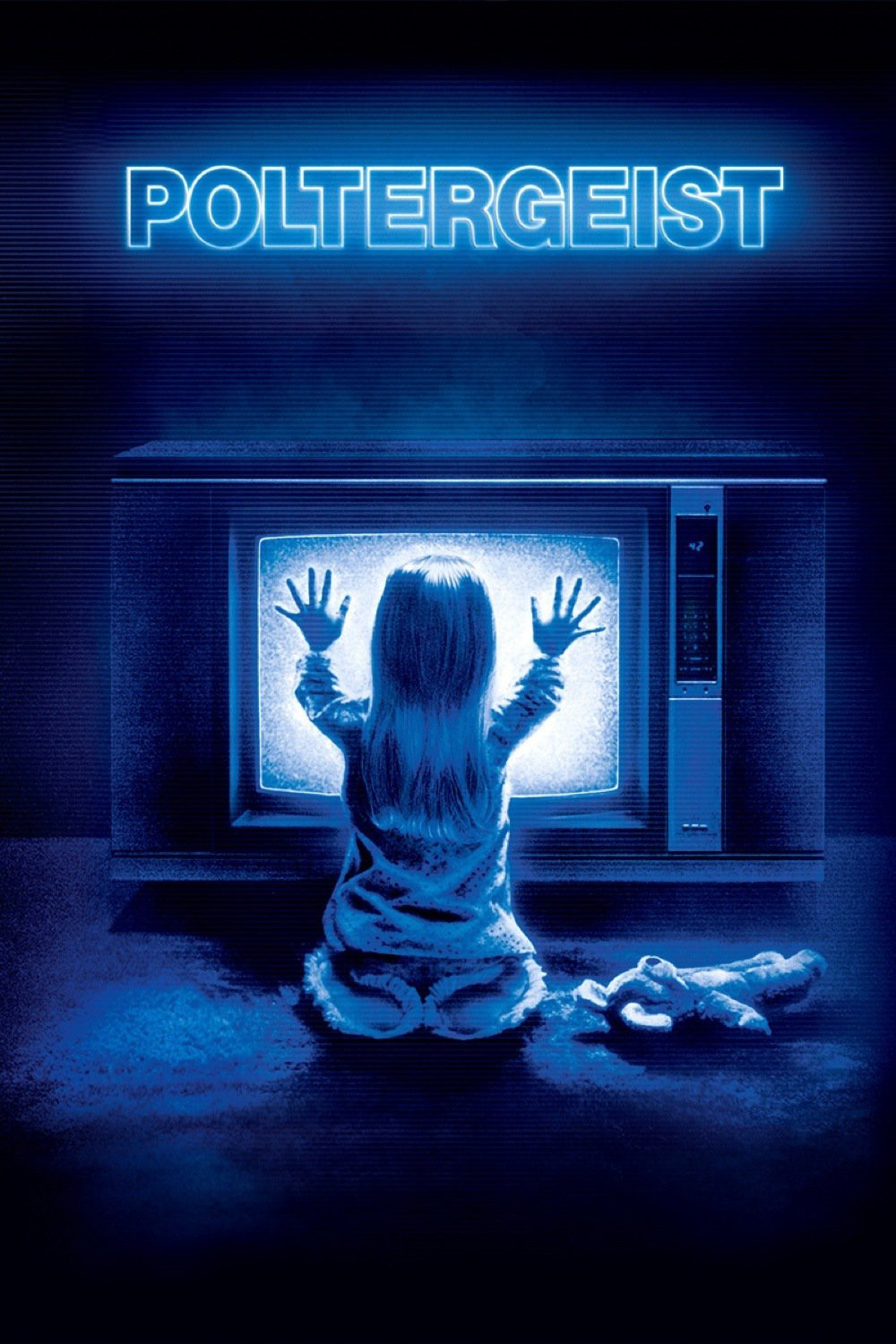Poltergeist was released in 1982, near the beginning of the Reagan Era. It is a horror film about a suburban family whose home is invaded by malevolent spirits. The film's themes of domesticity, technology, and the supernatural resonated with audiences at the time, and it has since become one of the most iconic horror films of the 1980s.
In many ways, Poltergeist can be seen as a reflection of the anxieties and concerns of the American people in the early 1980s. The film's focus on the nuclear family and the threat of its disruption mirrored the growing concerns about the changing role of the family in American society. The film's depiction of technology as being both beneficial and dangerous also reflected the ambivalence that many Americans felt about the rapid technological advances of the era. The film's exploration of the supernatural can be seen as a response to the growing religious fundamentalism of those years.
Poltergeist is a film that is deeply embedded in the social and cultural context of it's time. The 1980s was an era of great uncertainty and anxiety, as the world was facing Cold War tensions, the threat of nuclear war, and the AIDS crisis. It is a film that reflects the anxieties and concerns of the American people of that time, and it continues to resonate with audiences today perhaps for many of the same reasons.
More reviews here on letterboxd:

No comments:
Post a Comment